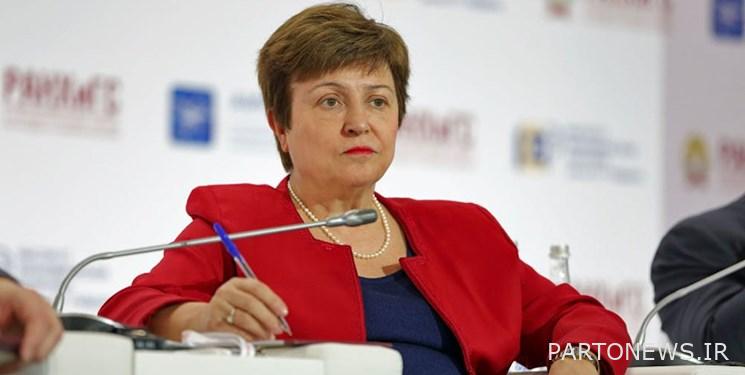The head of the International Monetary Fund: more weaknesses in the US banking sector are revealed

According to the report of Fars International Economic Group, quoted by Reuters, Kristalina Georgieva, the head of the International Monetary Fund, said that she expects more weaknesses to be revealed in the banking sector.
Speaking at the Milken Institute Global Conference in Beverly Hills, Calif., Georgieva noted on Monday that the top issue of the day is the banking crisis that has worried investors for weeks.
He explained that the rapid increase in interest rates from low to very high rates played an important role in identifying the weaknesses of some banks and this pain may not end.
He added: “This does not mean that we have a free way… This does not mean that there will not be more instabilities.” Investors on the sidelines of the conference said they were concerned there were more stories to come.
The International Monetary Fund welcomed the swift action by US regulators to seize First Republic Bank and find a buyer, but noted that the resilience of the global financial system is still being tested.
A spokesperson for the international body said: “Recent events continue to remind us of the challenges posed by the interaction between tighter monetary and fiscal conditions and increased vulnerabilities in the global financial system.”
Last month, the International Monetary Fund slightly cut its outlook for global growth in 2023 due to a slowdown in economic activity caused by rising interest rates, but warned that a sharp flare-up of financial system turmoil could push output closer to stagnation.
This international institution announced that after the bankruptcy of two American banks and the forced merger of Credit Suisse, strong policy measures have curbed the risk of contagion of this crisis.
In the bank’s recent bailout, what was remarkable was the speed with which deposits left the bank, partly due to the power of social networks, Georgieva said.
end of message/
You can edit this article
Suggest this article for the first page

